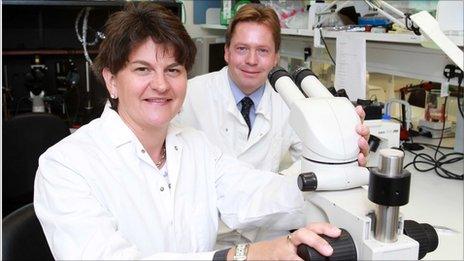Craigavon pharmaceutical group Almac signs '£200m deal'
- Published
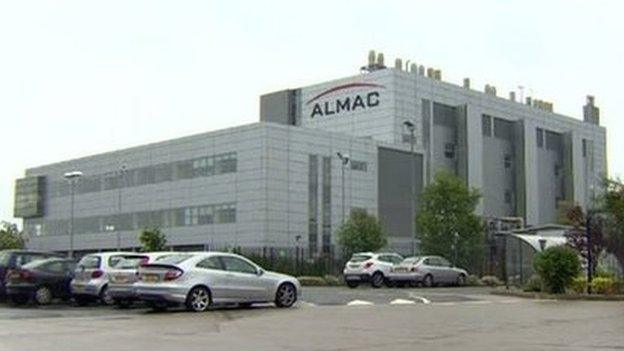
Almac's global headquarters is in Craigavon, County Armagh
Craigavon-based pharmaceutical firm Almac has signed a deal with one of the world's largest biotech firms that could be worth more than £200m.
The firm is to license a new cancer treatment to Californian company Genentech.
The treatment is a class of drug molecules developed by Almac's discovery division.
Genentech will make an upfront payment of around £9m with further payments and possible royalties to follow.
Almac will be eligible to receive up to £225m in milestone payments plus royalties on commercial sales of any products developed by Genentech
The two companies will also run a two-year joint research programme funded by Genentech
The drug molecules are called inhibitors of ubiquitin specific proteases.
They block the activity of an important cancer pathway which is believed to play a key role in tumour development.
'Exciting opportunity'
Tim Harrison, vice president of drug discovery at Almac, said they have been "a highly sought after, yet elusive drug class, proving difficult to identify despite significant efforts from both pharmaceutical and biotech companies".
He added that there was now "an exciting opportunity to fully exploit this novel biology".
Genentech was founded in San Francisco in 1976 and is widely considered to be the world's most successful biotechnology company.
It has developed products such as the cancer drug Avastin and the stroke treatment Activase.
In 2009, the Swiss drug company Roche took control of Genentech, paying £30bn for the 44% of the firm it did not own.
Meanwhile, California-based CV6 Therapeutics Ltd is to partner with the Centre for Cancer Research and Cell Biology at Queen's University, Belfast for a research and development project.
The project aims to develop a new drug with the potential to make chemotherapy more effective and represents a total investment of £5.5m.
Invest NI has offered assistance of £2.5m towards the project, which includes part funding from the European Regional Development Fund (ERDF).
- Published4 May 2015
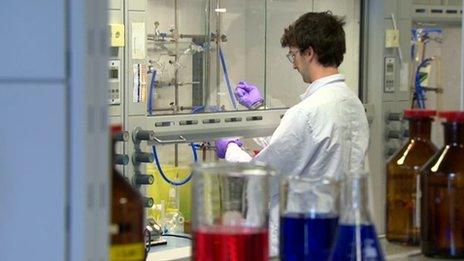
- Published22 May 2014
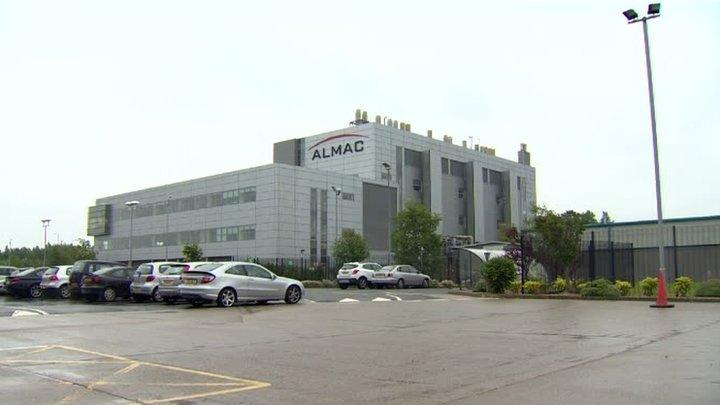
- Published11 March 2014

- Published26 November 2013
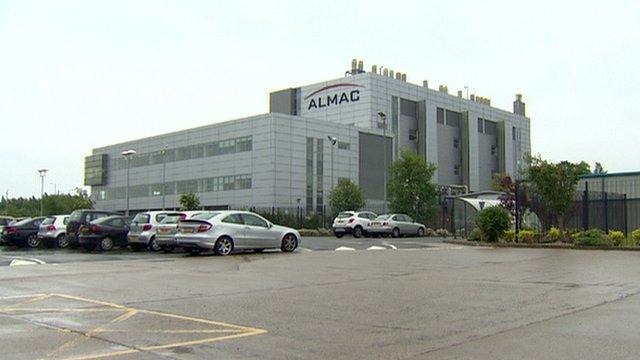
- Published7 September 2011
